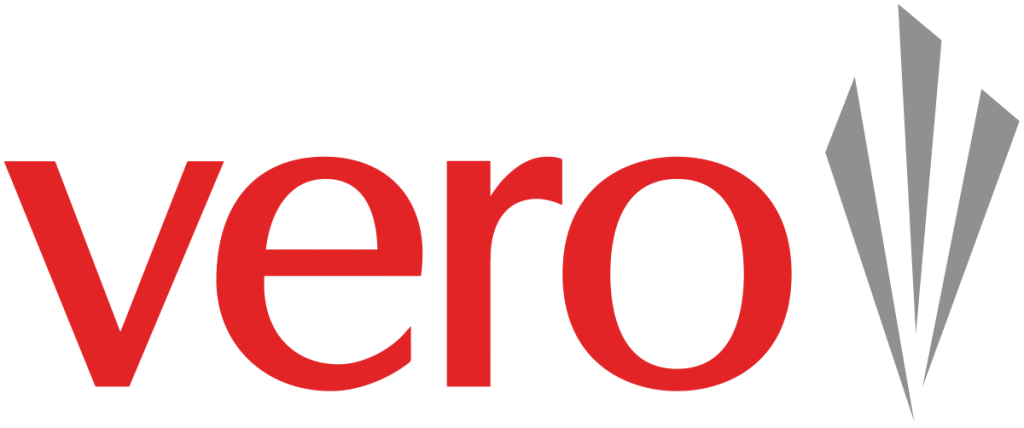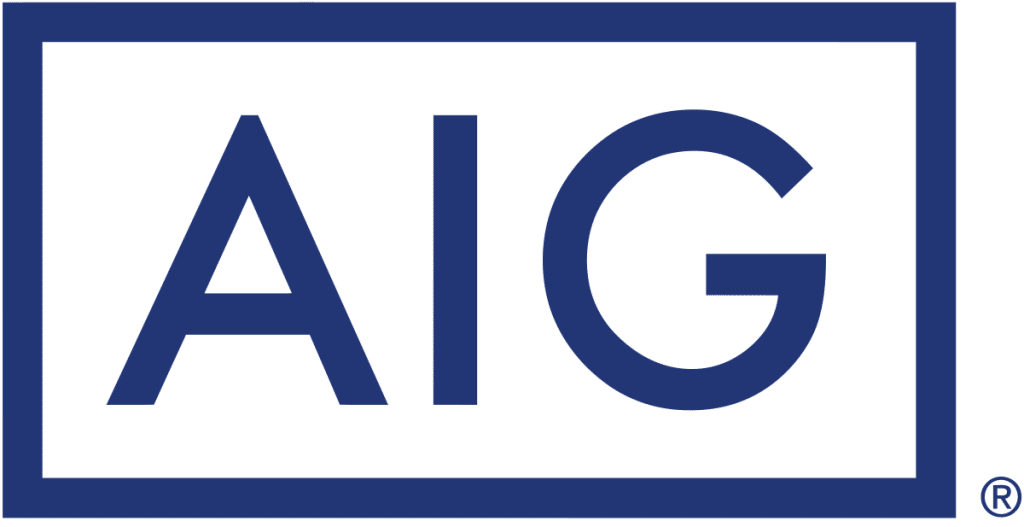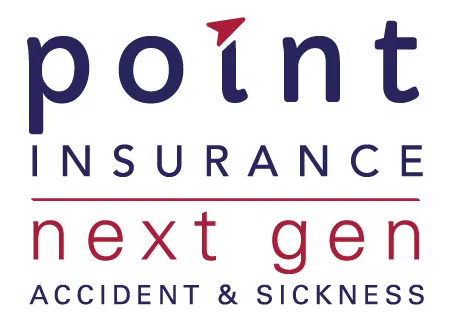Why compare business insurance policies through Savvy?
100% free service
There's no need for you to pay a cent to compare a variety of competitive policies side-by-side in one place.
Compare policies online
You can consider the inclusions, premiums, benefits and other key factors easily online, whether you're at home or on the go.
Trusted insurers
Considering offers from trusted providers can help give you peace of mind that you're comparing high-quality products.







We’ve partnered with BizCover to bring you a range of business insurance policies to help you compare them side by side.
Business insurance can be an important safety net for a wide range of Western Australian businesses, whether small, medium or large, across a diverse array of industries. It can offer owners and operators greater peace of mind that they may be able to claim for part or all of the cost of circumstances which qualify for coverage under their policy.
You can compare quotes from a panel of leading insurers in one place with Savvy. Whether you’re running a large company in the centre of Perth or a small business in Margaret River, consider a variety of business insurance offers through us and get a free, no-obligation quote today.
What is business insurance and what types are available in Western Australia?
As you may expect, a business insurance policy is tailored more to the needs of businesses and designed to cover risks they may face on a day-to-day basis. It’s important to understand the differences between the various types of coverage (with all inclusions being subject to your insurer’s terms and conditions). Some of the main policies on offer include:
Public liability insurance
What it covers:
Public liability insurance can cover your business if a member of the public is injured or their property is damaged as a result of your business activity, subject to the terms and qualification criteria set by your insurer. Owners and operators can generally choose between claim limits of $5 million, $10 million or $20 million, though you may be able to access more in certain situations.
- Third-party personal injury claims
- Third-party property damage claims
- The legal costs of defending yourself
Product liability insurance
Product liability insurance may be able to offer your business protection against claims a product you supplied, whether manufactured by you or imported and sold, caused harm to a third party or damaged their property. You may find available claim limits similar to those offered under public liability insurance.
What it covers:
- Claims that a product you supplied caused sickness or injury
- Third-party property damage claims
- Legal fees to defend yourself against such claims
Professional indemnity insurance
Professional indemnity insurance can offer cover against claims the advice you gave or service you provided was negligent, sub-standard or caused loss or harm. It may also cover circumstances such as mistakes, incorrect diagnoses, miscalculations and breach of duty. Cover can start at $250,000 and may go up to $10 million (though more may be available by individual negotiation with some insurers).
What it covers:
- Payment of compensation
- Payment of damages
- Legal defence costs
- Cost of defending yourself during investigations
General business insurance
General business insurance is an insurance package which can offer coverage against other risks, such as those facing your physical business premises and assets. The coverage this type of insurance offers is broader than other, more specific types of insurance.
What it covers:
- Fires, storms, water damage
- Explosions and impacts
- Accidental damage
- Theft following forceable entry into a locked building
- Theft of equipment which is securely attached to a vehicle
Because this is a bundle, you may also be able to add policies such as public liability and professional indemnity cover into the one package with some insurers. Additionally, some of the other types of insurance which you may also be able to add to your general business insurance package include:
- Commercial property insurance (which may offer a higher level of protection for your business premises)
- Glass breakage (which is a common business insurance exclusion)
- Business interruption (which can cover your bills if you have to close your business while recovering from an insured event)
- Cyber liability insurance (which can protect you from many forms of cybercrime)
- Tax audit (which can cover some of your costs if you’re subject to an ATO audit)
- Management liability (which can offer cover to business owners and directors against claims of mismanagement)
Accident and sickness insurance
Accident and sickness insurance can cover self-employed individuals who are injured or suffer an illness which prevents them from working and earning a living. Unlike the other types of cover listed above, an accident and sickness insurance benefit is an ongoing payment worth up to 85% of your income (depending on your insurer’s terms and conditions) made over either one or two years (your chosen benefit period). You’ll also have to choose a waiting period to sit before your benefits commence, which generally ranges from seven to 28 days.
What it covers:
- Loss of income as a result of illness
- Loss of income as a result of an accident
- Optional extras including death and disablement benefits
What isn’t covered by business insurance in WA?
There are several common exclusions which may apply to business insurance policies. These may include:
- Unlawful activity
- Criminal negligence
- Intentional damage or reckless behaviour
- Flood damage
- Asbestos-related incidents
- The effects of pollution
- Incidents which happened before or after your cover period
- Prior or existing risks which were not declared at the time the policy was taken out
How much will insurance cost for my Western Australian business?
There are several variables which insurers will account for when determining how much your premiums will cost, including the following:
- The industry you’re in
- Your business location
- The structure of your business
- Your business size and turnover (whether you’re insuring a large or small business)
- The number of employees you have (if any)
- Your insurance history and whether you’ve made any recent claims
Perhaps the most notable is the type of work you do. Insurers assess industries based on the different levels of risk they pose, meaning you may pay more for public liability insurance if your business runs market stalls compared to one which has no physical premises for customers to visit, as there’s a greater inherent risk of injury, illness or property damage with the former.
Additionally, your location within WA may also inform the cost of your insurance. For instance, business insurance in Perth, particularly in busy areas, may be more expensive than for a rural business with far lower foot traffic.
How do I compare business insurance in Western Australia with Savvy?
Some of the key comparison points to consider when choosing a policy for your WA business are:
- Inclusions: think about the areas which are most important for your business to cover and determine whether there are any policies which can offer this to you.
- Exclusions: just as important as assessing what’s covered is what isn’t, as it’s important to consider whether you’ll be short on the cover in areas key to the running of your business.
- Payout limits: which policies offer covered amounts suitable for your business? Take the time to think about how much you may need if you were to make a claim.
- Excesses: compare available excesses (including potential situations where you may not have to pay one at all) to find which is most suitable for your business.
- Cost: of course, you should look to avoid paying more than you have to for insurance, which is why it’s worth comparing offers to find which offers suitable coverage at the most affordable price.
You can compare a range of insurers from our partner’s panel when you fill out a simple, no-obligation quote form with Savvy. Tell us about your business and the type of coverage you’re after and you’ll have a variety of offers to consider side-by-side in one place.
Who may need business insurance in Western Australia?
Almost all businesses will face risks which can be covered by at least one type of insurance, if not more. Some of the workers and businesses who may need insurance in WA include:
- Professionals such as architects, engineers and consultants
- Tradies, such as electricians and plumbers
- Retail businesses, including online and mobile companies
- Anyone in finance, mortgage broking or accountancy professions
- Food businesses, cafes and restaurants
- Health professionals, such as doctors and nurses
- Allied health professionals, such as physiotherapists and occupational therapists
- Cleaners and cleaning staff
- Photographers, graphic designers and artists and IT consultants














